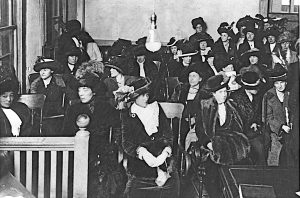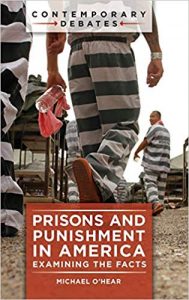Racial Discrimination in Wisconsin Jury Pool Practices

“It requires little knowledge of human nature to anticipate that those who had long been regarded as an inferior and subject race would, when suddenly raised to the rank of citizenship, be looked upon with jealousy and positive dislike, and that state laws might be enacted or enforced to perpetuate the distinctions that had before existed.” – Strauder v. West Virginia, 100 U.S. 303, 306 (1879)
As ominously foreshadowed by the Supreme Court in 1879, current state and federal laws and practices continuously present disadvantages to people of color. Removed from enslavement and the oppressive nature of the Jim Crow Era, today many of the participants in our justice system and in politics are blind to discrepancies within this nation’s criminal justice system and erroneously believe that the black defendant enjoys the same rights as the white defendant. The black defendant is seldom given a jury that racially represents him or her, and this lack of representation is a product of case precedent, judicial reasoning, and discriminatory practices. In Wisconsin, these discriminatory practices take the form of both state and federal jury pooling procedures. As such, the purpose of this blog post is to draw attention to the disproportionate jury pooling practices in Wisconsin circuit courts as well as federal district courts in our state, and to provide a forum for debate on this important issue.
Federal Jury Pooling in Wisconsin and the Depleted African American Voting Population
The right to a jury is so critical to the makeup of our system of justice that the Constitution mentions juries in four different sections. However, while individuals have a constitutional right to a jury, the pooling and selection of such juries is not always constitutionally executed. Both the Eastern and Western District Courts of Wisconsin have jury pooling practices that raise constitutional concerns due to the disproportional impact that those practices have on black criminal defendants.

